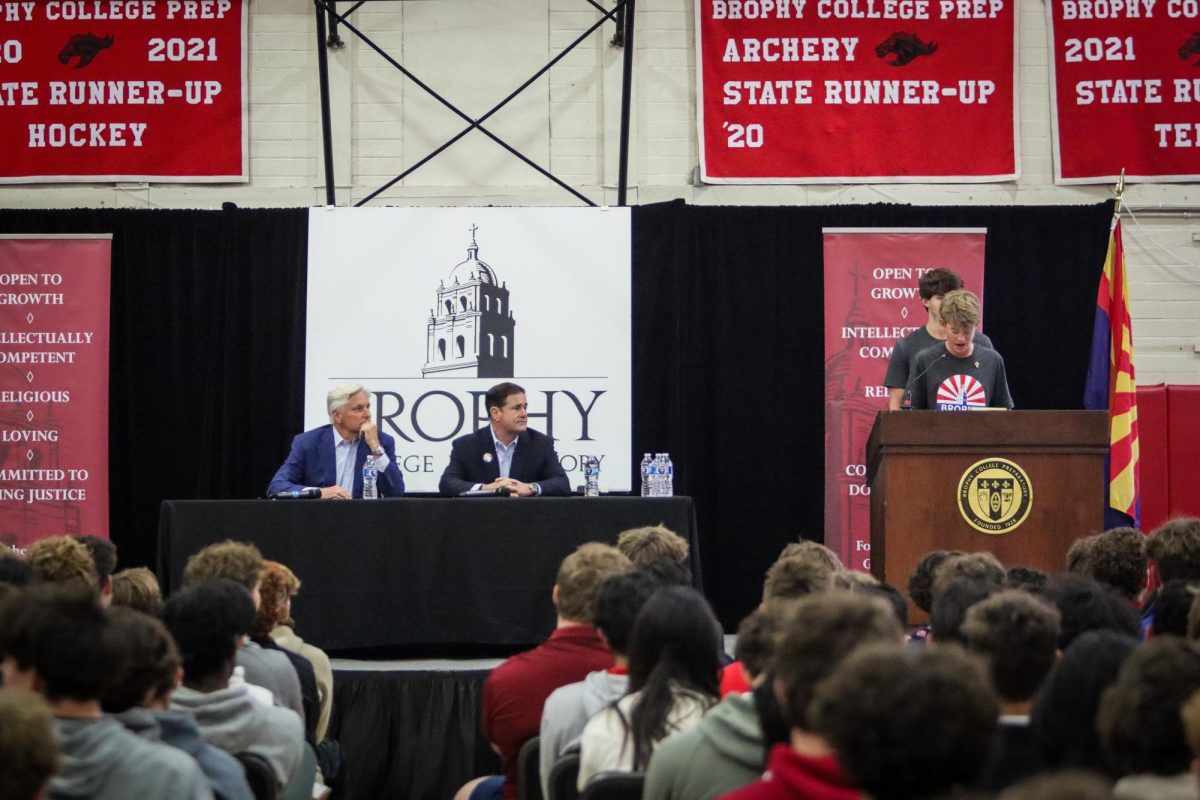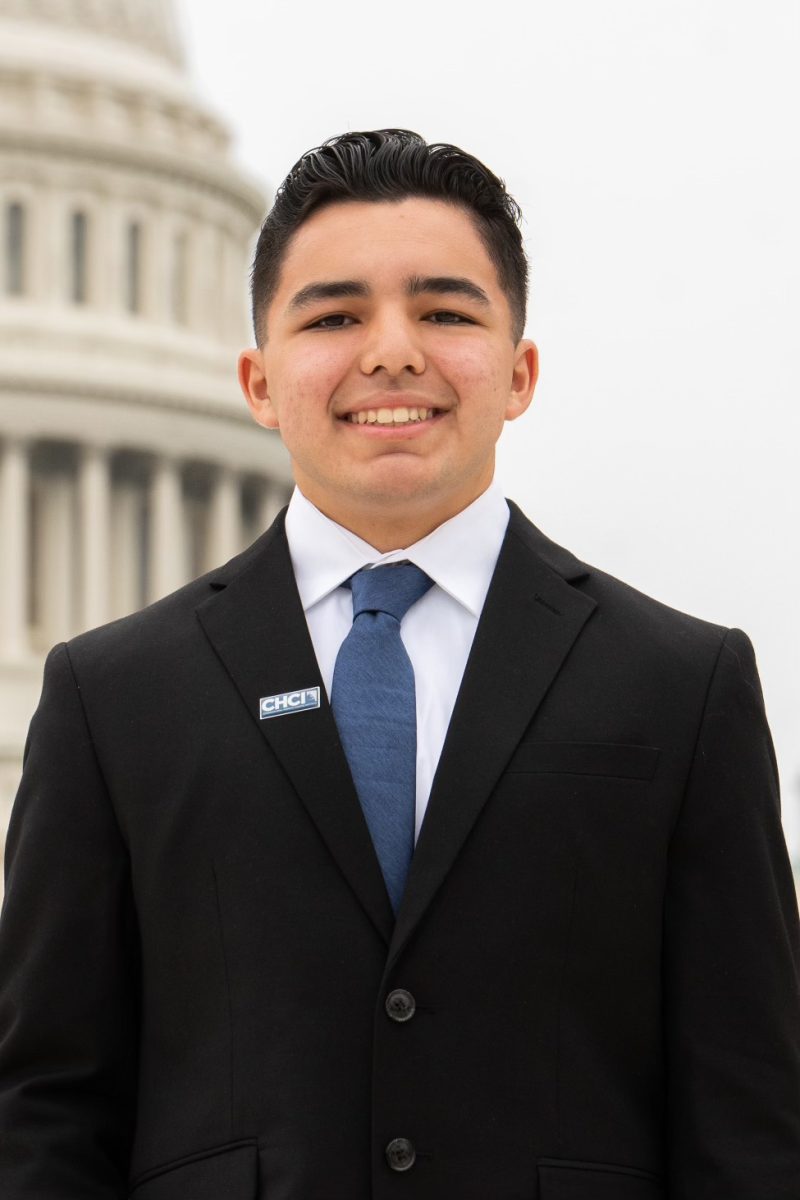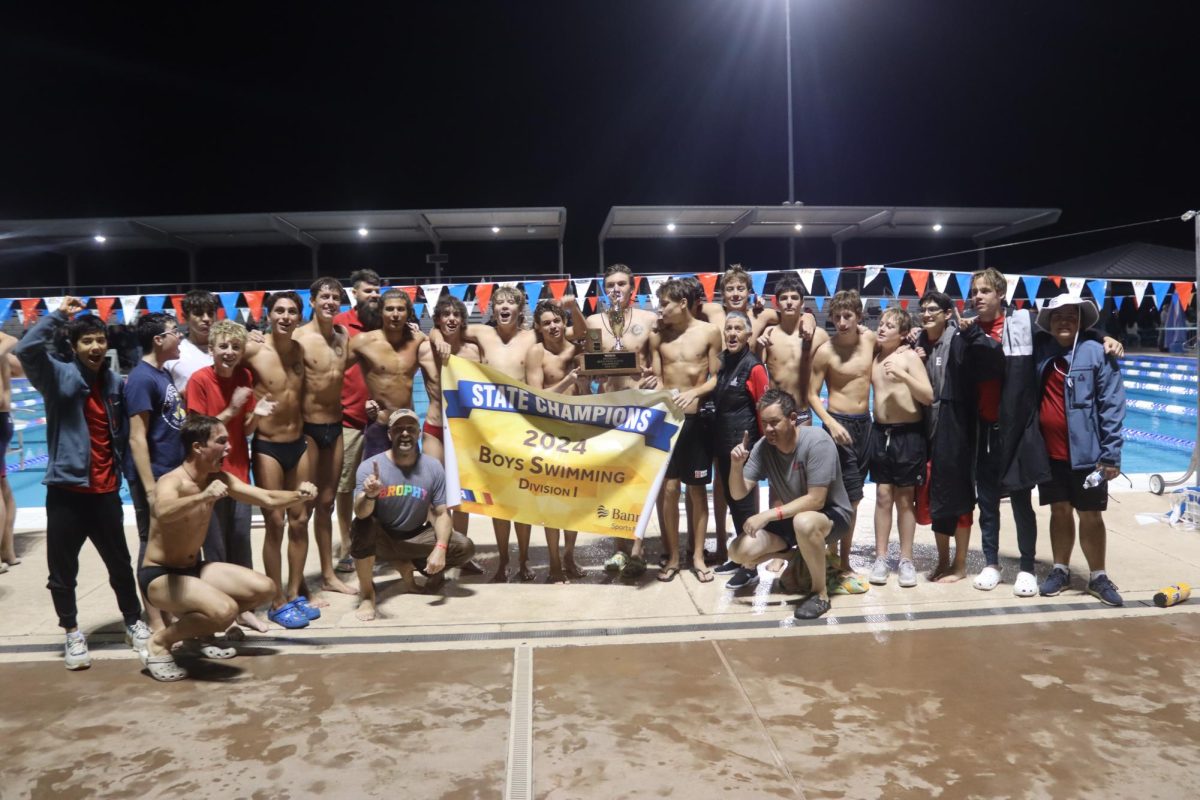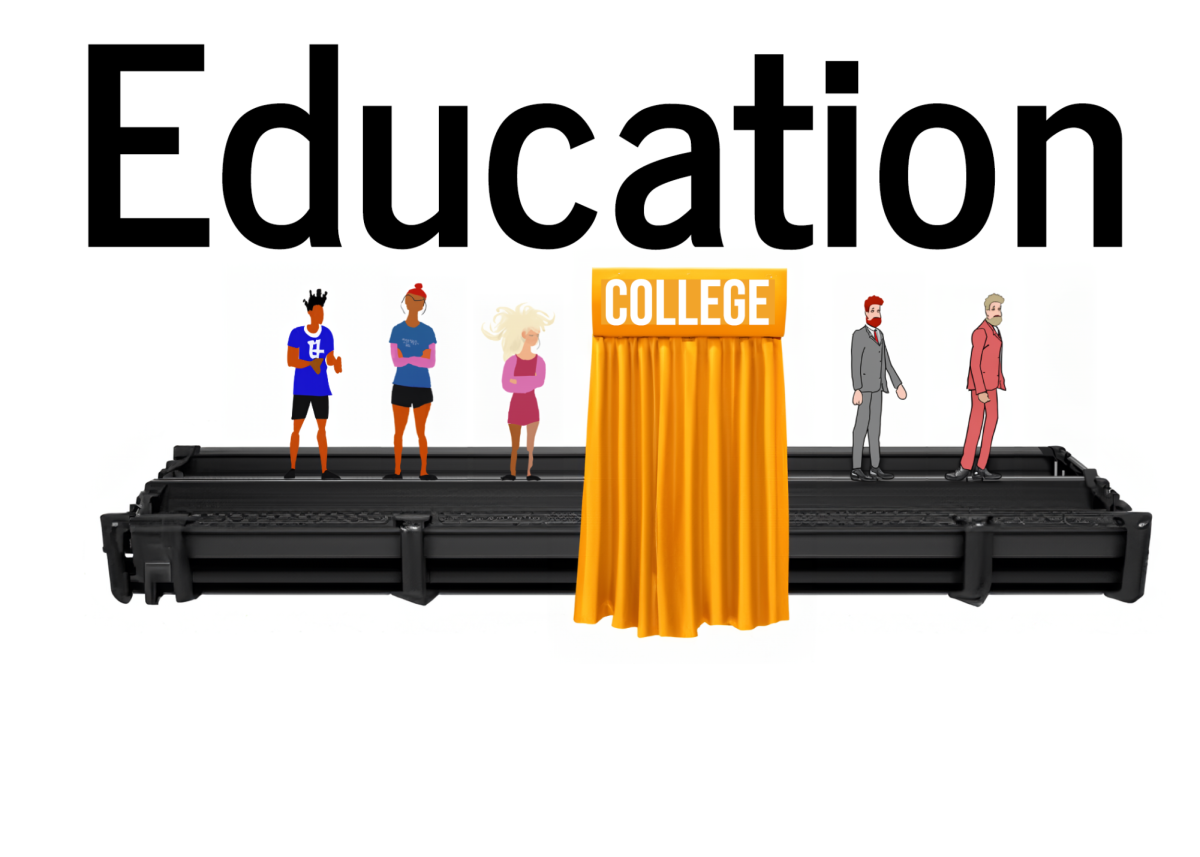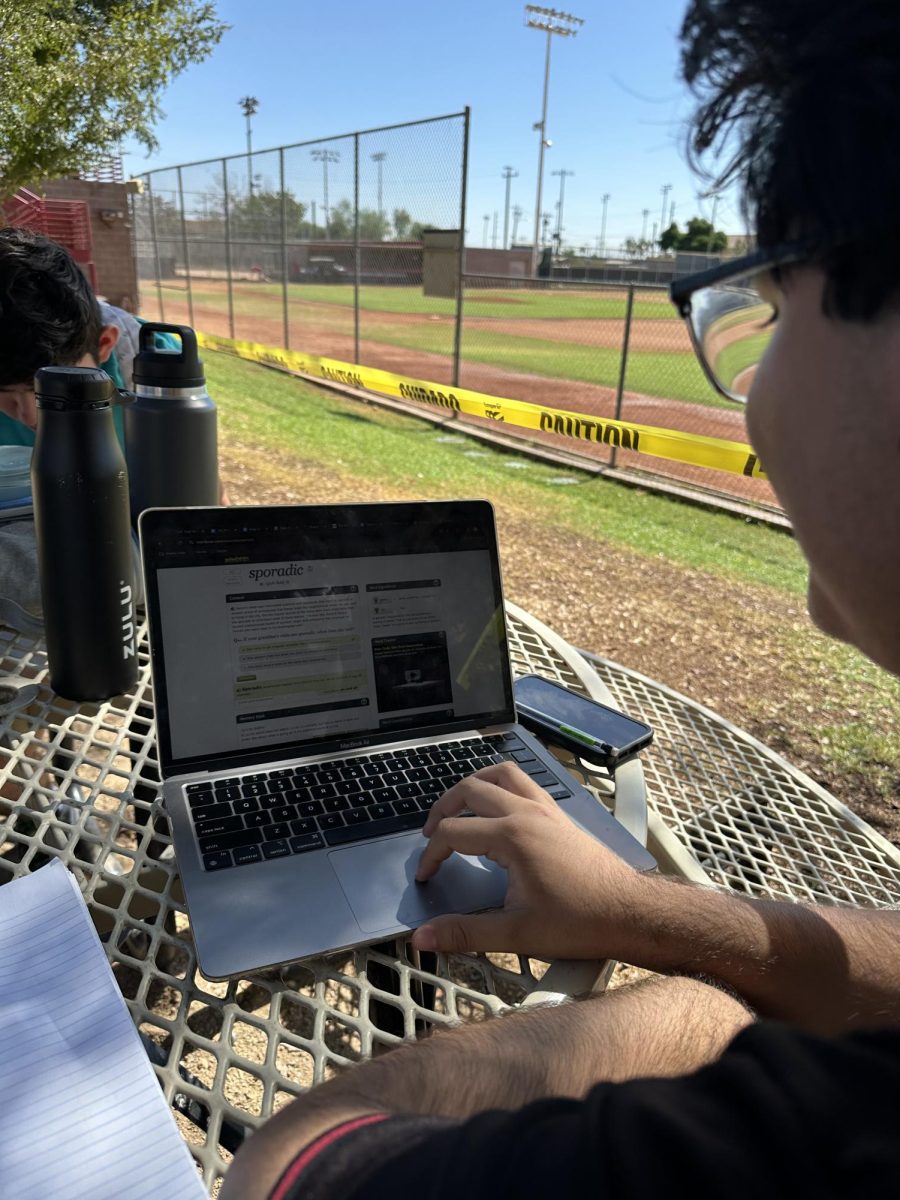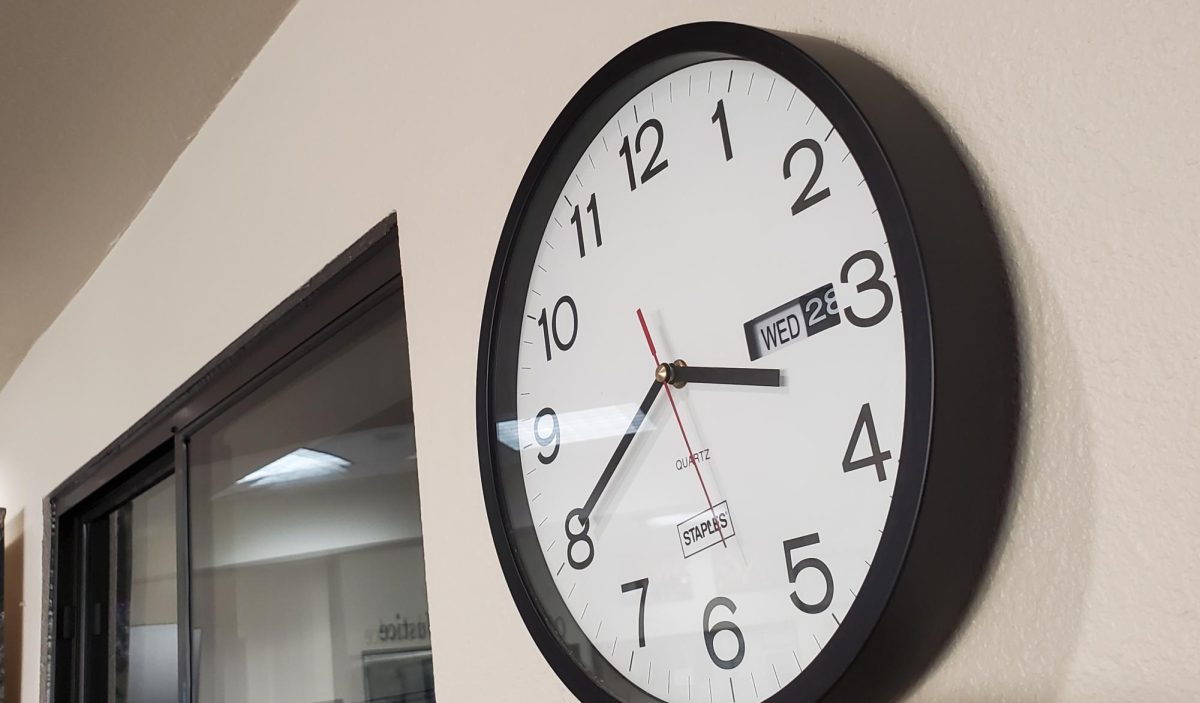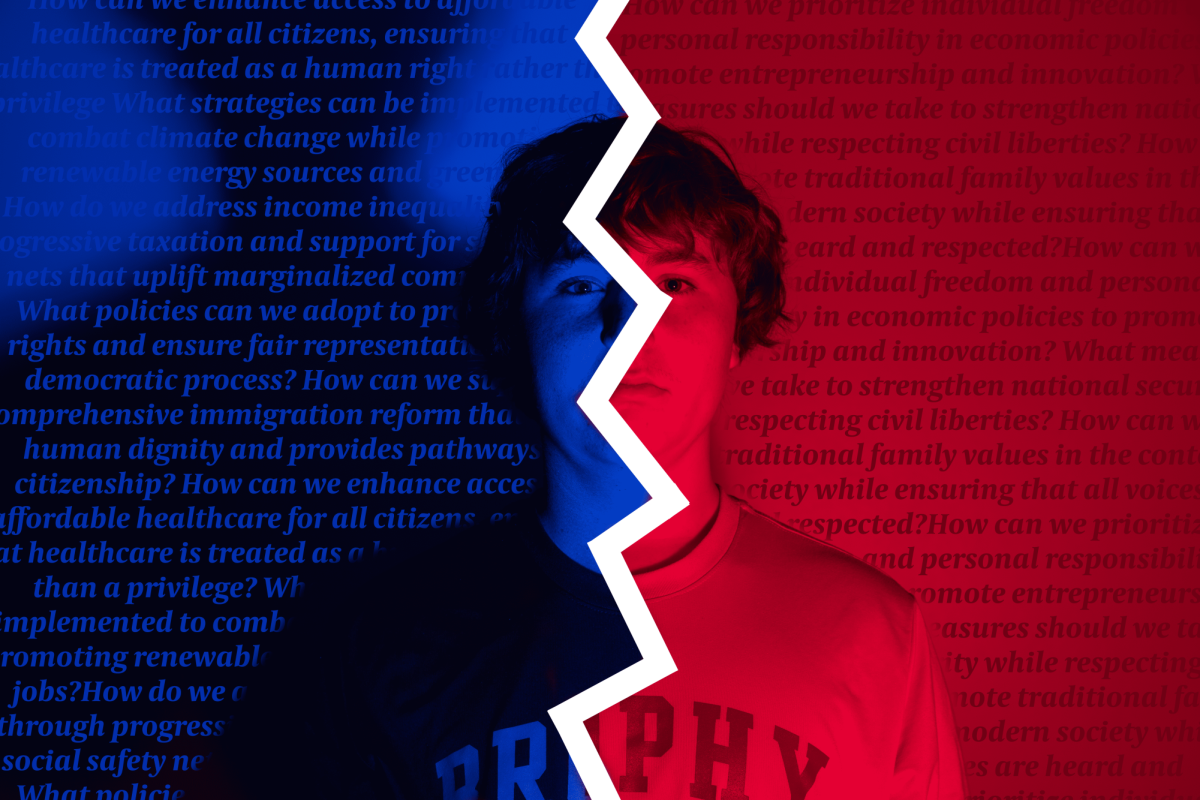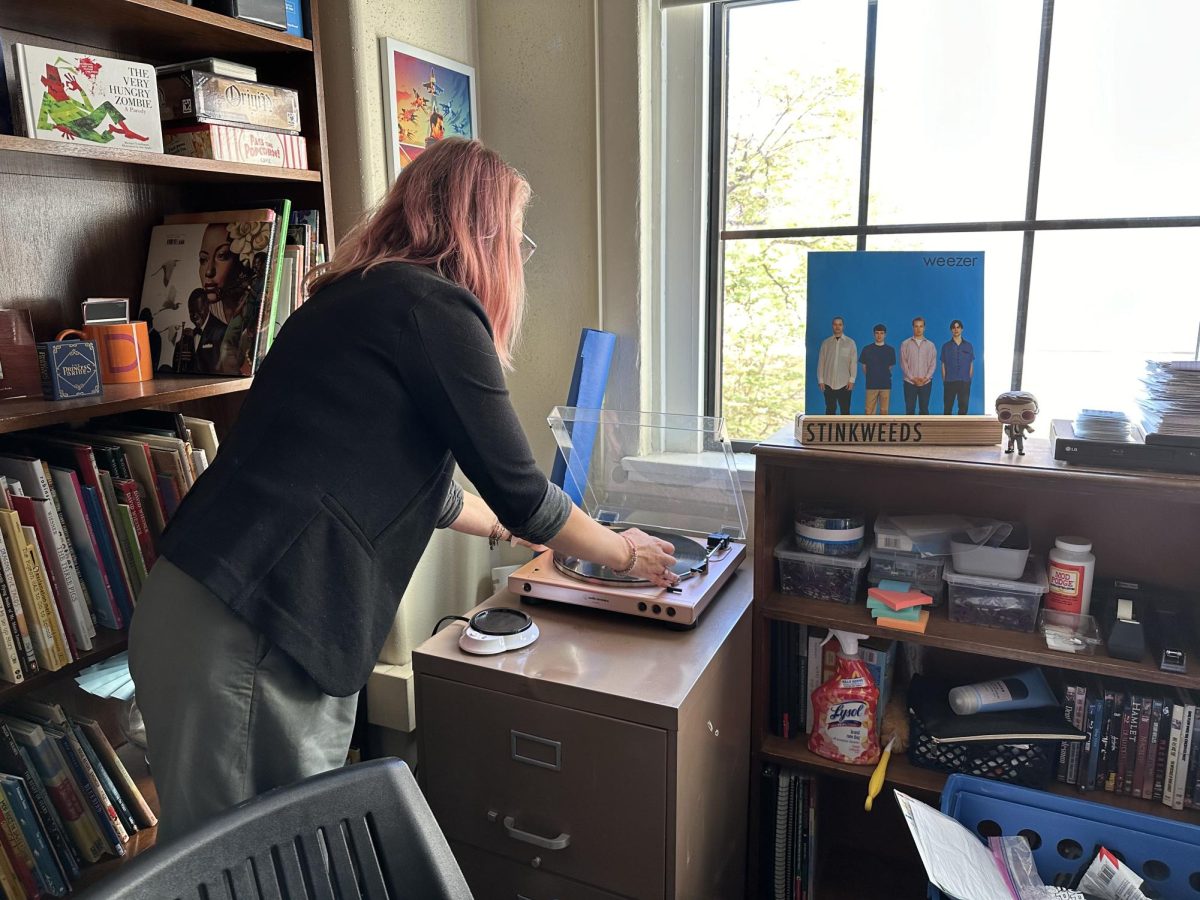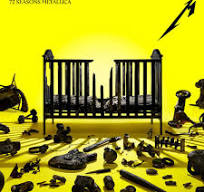Illustration by Quentin Dunnigan ’22 | As Brophy moves online, JUG changes forms in many ways
By Quentin Dunnigan ’22
THE ROUNDUP
Because of the new distanced learning procedures caused by the coronavirus outbreak, the old JUG system of picking up trash around campus and holding “No Brophy Parking” signs is no longer feasible.
This change, however, has opened up an opportunity for a different JUG structure that is more reflective and formative for the students involved.
Although Brophy has used the same style of JUG punishments for many years, this new school dynamic has forced change upon the system in a way that may promote future alteration.
“We are trying to move away from a task-oriented JUG system and move more toward a process and discernment system, where students are given the opportunity to first acknowledge why they are serving JUG and then try to understand a root of that action, or a reason why they ended up making the decision that they made,” said Brophy’s Dean of Students, Mr. Austin Pidgeon ’08.
Mr. Pidgeon’s hope for the new JUG system is that through a written reflection and through the process of acknowledging what went wrong, students will be able to experience growth and reconciliation.
Due to the online nature of the new system, however, there are some hurdles that need to be overcome.
Because there is no physical campus for students to be present on, teacher and faculty moderation is necessary to ensure that students are remaining on task with their JUG response.
“We are blessed to have the support of a few faculty who are helping us out, being Mr. John Shores, Mr. William Rutt, Mr. Marcos Gonzales, Ms. Samantha La Peter, Mr. Richard Cordova, Mr. Simon Zachary, and myself,” Mr. Pidgeon said.
These faculty members believe that this new JUG format is more reflective and formative as well.
“The new environment is one in which there is more space to really examine and think about, critically, the context and the impact of the choices that were made by the student,” Mr. Rutt said
“For me it almost feels like what the idealist sense of the Sacrament of Reconciliation might be like,” Mr. Gonzales said.
Mr. Gonzales explained his reasoning stating, “I think, ideally, that JUG, at its core, is about contrition, just like the Sacrament of Reconciliation is about contrition, and I really do think that this format is going to move us in that direction.”
Because of the nature of an online environment, keeping students on task during their JUG can be a difficult thing to control. “There’s a little bit more responsibility on the student to enter into the experience in a real way,” Mr. Pidgeon said.
Mr. Pidgeon, however, does not see this as a major hurdle for the new system, as he has a high level of trust and respect for the students and expects that they will take the experience seriously.
“My experience suggests that more often than not, students come into those experiences with a desire to grow and learn,” Mr. Pidgeon said.
From this forced change in the JUG system, future changes to the ordinary JUG system may take place.
Mr. Gonzales is hopeful for a blend of the two structures or a gradual shift to a more formative method, stating, “I don’t know how productive picking up trash is for students, but I do think that not having accountability can be dangerous too, so thinking about a space that can be restorative and productive for the student and the community is a win.”
Mr. Rutt shares a similar opinion on the matter. “There is a missed opportunity to really sit with the community and process things together, then moving forward in a bigger and better way,” Mr. Rutt said.
As a result of the positive experiences that have been had thus far with the distanced learning JUG system, change to the future JUG system when students have returned to campus is likely.
“I am anticipating that we will learn from this experience and will be able to revise and improve our JUG system as we seek to revise and improve all structures on campus,” Mr. Pidgeon said.

